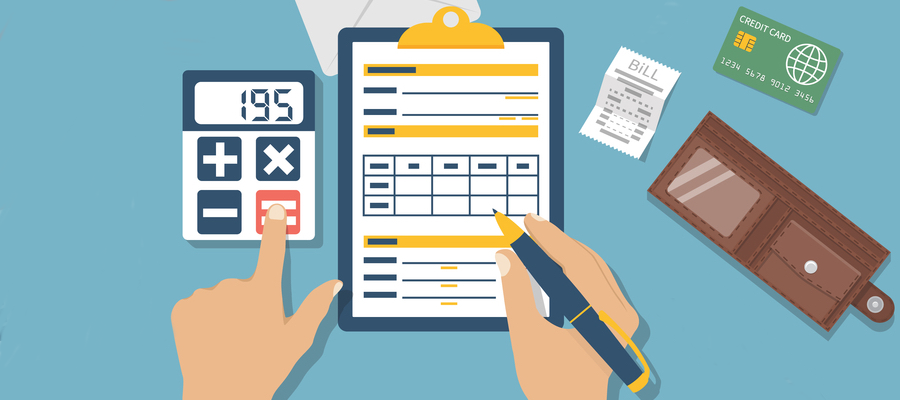
In a world that increasingly relies on plastic for transactions, credit cards have become an integral part of our financial landscape. While they offer convenience and rewards, it’s crucial to approach credit card usage with a sense of responsibility. Budgeting with credit cards can be a powerful tool to manage your finances effectively, but it requires a disciplined approach. In this blog post, we will explore practical tips on how to stay financially responsible while utilizing credit cards.
- Understand Your Financial Situation:
Before diving into credit card budgeting, it’s essential to have a clear understanding of your overall financial situation. Take stock of your income, monthly expenses, and any outstanding debts. This foundational knowledge will provide the groundwork for creating a realistic budget that incorporates credit card usage.
- Create a Comprehensive Budget:
Developing a comprehensive budget is the cornerstone of financial responsibility. List all your monthly expenses, including fixed costs like rent or mortgage payments, utilities, groceries, and variable expenses such as entertainment and dining out. Allocate a specific portion of your budget to each category, ensuring that your total expenses do not exceed your income.
- Set Realistic Spending Limits:
Credit cards come with predefined spending limits, but it’s essential to establish your own limits based on your budget. Consider setting monthly spending caps for different categories to avoid overspending. This proactive approach helps prevent impulsive purchases and ensures that your credit card usage aligns with your financial goals.
- Track Your Transactions Regularly:
Stay on top of your credit card activity by regularly monitoring your transactions. Many credit card issuers provide mobile apps or online platforms where you can track purchases in real-time. Regular monitoring not only helps you stick to your budget but also enables you to identify and address any unauthorized or fraudulent transactions promptly.
- Pay Your Balance in Full:
One of the most effective ways to stay financially responsible with credit cards is to pay your balance in full each month. This practice not only helps you avoid accruing interest charges but also ensures that you are living within your means. If paying the full balance is challenging, strive to pay more than the minimum amount due to reduce interest costs over time.
- Take Advantage of Rewards Wisely:
Credit card rewards can be enticing, but it’s crucial to use them wisely. Opt for rewards that align with your lifestyle and spending habits. Instead of being swayed by flashy sign-up bonuses, focus on long-term benefits that enhance your financial well-being, such as cash back, travel rewards, or discounts on essential expenses.
- Build an Emergency Fund:
No matter how well you budget with credit cards, unexpected expenses can arise. Establishing an emergency fund provides a financial safety net, reducing the need to rely on credit cards for unforeseen circumstances. Aim to save three to six months’ worth of living expenses in your emergency fund to mitigate financial stress during challenging times.
Conclusion:
Budgeting with credit cards requires a strategic and disciplined approach. By understanding your financial situation, creating a comprehensive budget, setting realistic spending limits, tracking transactions, paying your balance in full, and using rewards wisely, you can harness the benefits of credit cards while staying financially responsible. Remember, credit cards should complement your financial goals, not hinder them. With a mindful approach, you can navigate the world of credit cards with confidence and maintain a healthy financial future.
